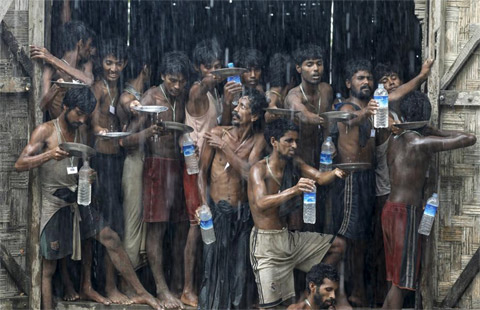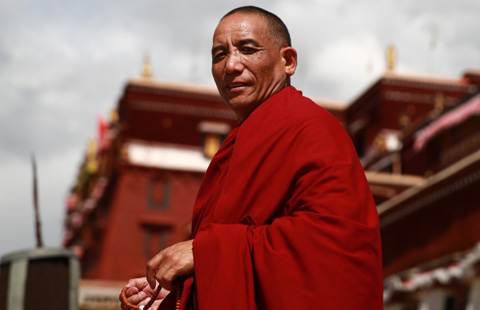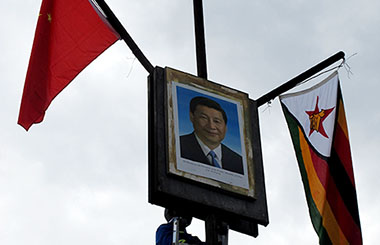
No 3: Mountains may depart
 |
|
A screen capture of Mountains may depart. [Photo/Mtime] |
Huang Doudou: Jia Zhangke depicted the emotions of a woman caught between eras. Topics such as diaspora, nostalgia, modernization, and freedom were gathered and sorted out in a family drama, with his compassionate, far-sighted and prudent nature seeping through.
Zhang Yan: Three stories capture the life of an individual from 1999, to 2014 then 2025. In a calm and detailed fashion, Jia's film reflects the anxiety in personal identity, loneliness, and separation that changes in China's society and experiences abroad have brought.
Jiang Xiaoyu:I never knew that the coldness and warmth of humankind can be depicted in such a monochromatic way. All that's lost and scattered among the mountains and waters can be recaptured through the film. Like Jia said in the film, "each person can only accompany you for only a certain time, we are doomed to separate." The so-called enlightenment is the understanding of this, either sooner, or later.
In brief: This is the latest production directed by the celebrated Chinese director Jia Zhangke. It consists of three sections, telling a story about the love triangle among a woman and two men and the impact on the woman's life after she marries one of the men. Jia's wife, Zhao Tao, played the lead female role.














